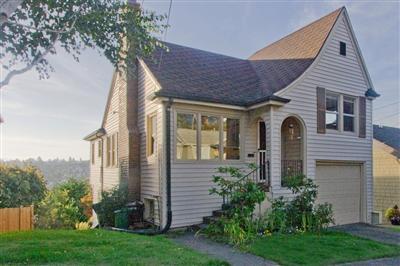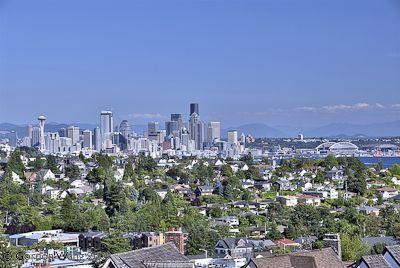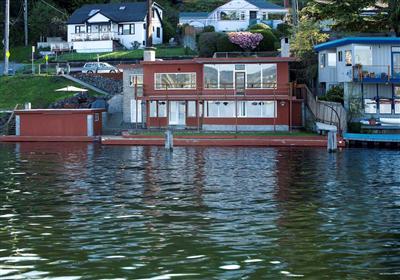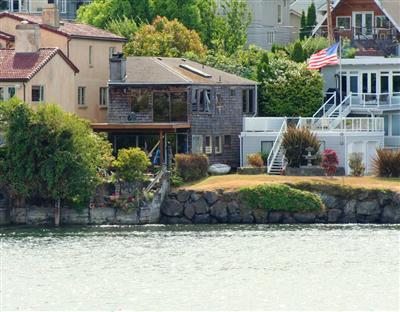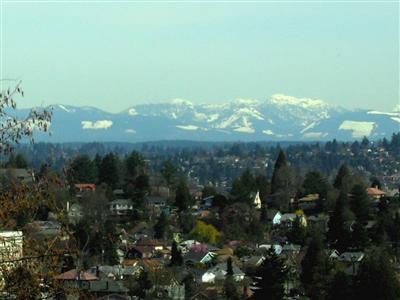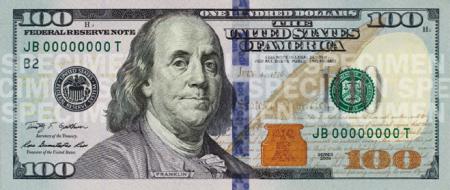Wavepacket Blog only displaying 'lists' posts |
> |
| 2010 | |
| August | |
| Mon Aug 30 21:29:19 2010 Prediction Checkpoint 2 |
|
| Mon Aug 16 22:19:31 2010 Prediction Checkpoint 1 |
|
| Thu Aug 5 21:05:04 2010 More Platitudes |
|
| >> Older entries >> | |
| >> links >> | |
| Mon Aug 30 21:29:19 2010 Prediction Checkpoint 2 How did I do on real estate? |
|||||||||||||||||
| In an earlier entry (
Prediction Checkpoint 1) I reviewed many of my blog predictions to date. My score? Roughly 7 out of 12--just
better than 50%.
But that wasn't all of my predictions. In a blog post from last year ( The Dream Tour) I toured several properties and guessed what they would sell for. How did I do with my real estate predictions? So I think I got this one wrong. It went for less than I expected.
Final sale price: $720K. I think I got that one right!
but I didn't actually quote a sales price. It sold for $450K. So I'll count this one as a miss.
Sales price? $715K. So I think I got this one right.
The actual sales price? $575K. So I'll say I got this one right too.
The sales price? $450K. I'll count that as a correct guess (I was within one dollar!). It sold for $315K, so I'll count that one as a miss.
So I'll just not count that one. It hasn't sold, so I can't claim I was right, but the price is definitely dropping, as I predicted.
Final sales price? $575K. So I'll say I got that one right!
Again, I won't count this one at all, since it hasn't sold. But the price is coming down! By the way, this could be an amazing property! According to the listing, "The Seller is motivated and will finance...". If the foundations are okay this is really worth a look! So I won't quit my day job just yet, but I'm still batting over 50% on my predictions! Comments |
Related: predictions > lists < Unrelated: books economics energy environment geopolitics mathematics science |
||||||||||||||||
| Mon Aug 16 22:19:31 2010 Prediction Checkpoint 1 How am I doing after over 2 years of predictions? |
|||||||||||||||||
| I've been making a lot of predictions over the past two years! I thought I
would look back and see how I did. I force myself to make predictions because,
even if wrong, I'll usually figure out why I was wrong. In fact, the
predictions I got wrong are probably the most interesting.
There were a lot of predictions, so this is part 1. In The Great Stagflation of 2008 (March 2008), I predicted a few years of stagflation (weak or no economic growth even with low interest rates), and I was right. I was also right about gas prices: I made the bold prediction that we'd see gas for over $4.50 a gallon by 2010, when in fact we saw those prices later in 2008! However, then in Gas Prices (June 2008), I predicted gas prices of $6 per gallon in 2008 (!). Obviously I got that one wrong. Why did I get it wrong? Because the economic downturn started kicking in, and gas consumption dropped. And according to the supply and demand curve, when demand drops given constant supply, prices will drop. What did I learn from this wrong prediction? Spikes in gas prices will usually be followed by economic contraction, which in turn result in lower demand. Don't get me wrong, I still think gas prices will rise. But it will probably be a series of spikes and recessions, rather than an unbroken upward climb. In The S-Word (July 2008), I predicted that the Federal Reserve would flounder along with low interest rates rather than slowly raising rates to protect the dollar. This was a mixed result. I was right about the Federal Reserve: it has kept rates low. But I was wrong about the dollar: we haven't see huge inflation or a weakening of the dollar against other currencies. Why was I wrong about the dollar weakening? Lending has slowed so much that even with low interest rates, we haven't seen the extravagant spending that can cause inflation. And other countries are also having economic problems, so the dollar has remained stable (although see below for more predictions about the dollar vs. other currencies). In one of my worst predictions ever, I said that Congress wouldn't support a big bailout of investment banks ( Just say No). But that was just the first vote. On the next day, Congress approved TARP. Ooops. And I also said: the FDIC will continue to take possession of troubled banks (right), the Federal Reserve will keep open its line of cheap credit for financial institutions (right), a few more financial institutions will collapse (right), and the economy would stay flat until March 2009 (spectacularly wrong!). Why was I wrong about TARP? I don't know. Congress chose to give lots of money to failed investment bankers, when that money could have been used in other ways. I still don't get that. Why was I wrong about the depth of the recession? I underestimated the impact of the housing and investment banking collapse on spending. Next time, I'll do more research on spending data before making predictions like that! In The Healthcare Debate (September 2009), I predicted that Congress would eventually pass a watered-down version of healthcare reform that increased coverage, at higher expense, but wouldn't actually fix the underlying economic problems. I was right! In The 2009-2010 Winter Forecast (October 2009), I predicted less than 450 inches of snow at Mt Baker for the 2009-2010 ski season. The result? WRONG. Baker got 634 inches. And that was a bad year. What did I learn about a bad snow prediction for Mt. Baker? Mt. Baker rocks. So those were the predictions I've made so far that I could measure. The tally so far? 7 right and 5 wrong. I'm happy with a better-than-50-percent hit rate! There were a few predictions that we won't know for a while. In Peak Oil, I predicted gas at $10 a gallon by 2018, and nationwide gasoline rationing by 2023. You heard it here first. Also, in TV Shows are Dead, I made several predictions about what will happen to television. But again, those are farther out (maybe by 2014 or 2015). Comments |
Related: predictions > lists < Unrelated: books economics energy environment geopolitics mathematics science |
||||||||||||||||
| Thu Aug 5 21:05:04 2010 More Platitudes A few more great rules of thumb for personal finance... |
|||||||||||||||||
| Way back in December I gave my list of
Personal Finance Platitudes. Today,
Yahoo! Finance had
their own list of rules, which I thought was pretty good.
I had often noticed what I called the "Rule of Threes", whereby I would prefer to buy cars that cost at most 1/3 of my yearly income, and houses at most 3 times my income. It is a handy rule to keep in mind when shopping for cars or houses! But I wasn't sure why those particular numbers worked. The Yahoo! article gives the math behind the numbers. That article also mentions the high cost of kids (at least $220K per child up to age 18, not counting private education or college!). And it has a good rule of thumb for education loans: don't take on more college debt than you expect to earn per year when you get out. Again, a simple rule, and they break down why. And finally, they had a rule for retirement: target a total retirement savings of 25 times what you make now (!). Here is their list in short:
|
Related: economics > lists < Unrelated: books energy environment geopolitics mathematics predictions science |
||||||||||||||||
| Links: |  |
Blog Directory | Blog Blog | Technorati Profile | Strange Attractor |

